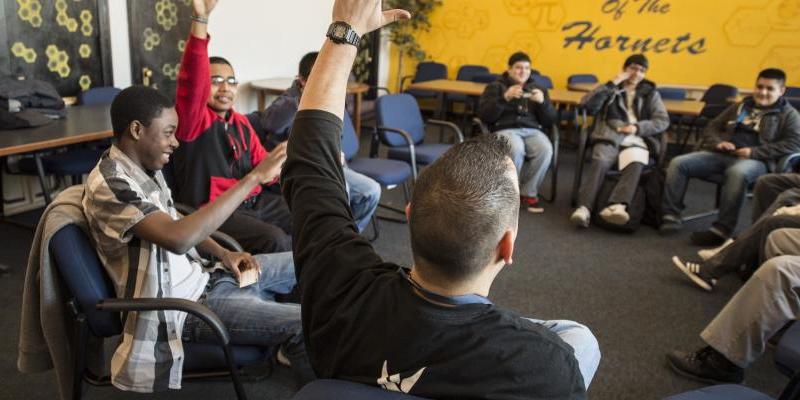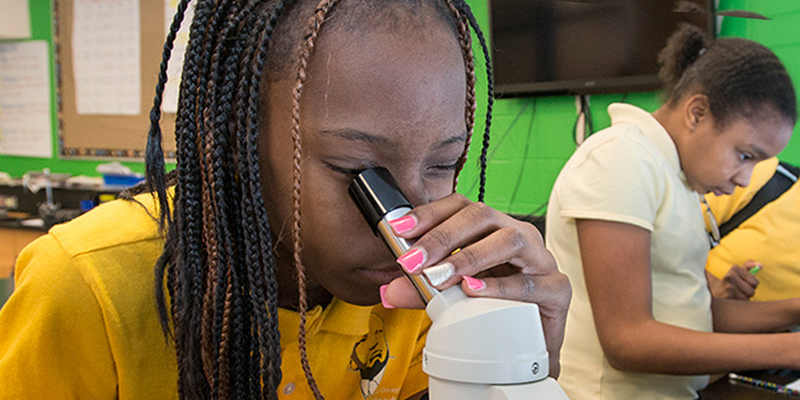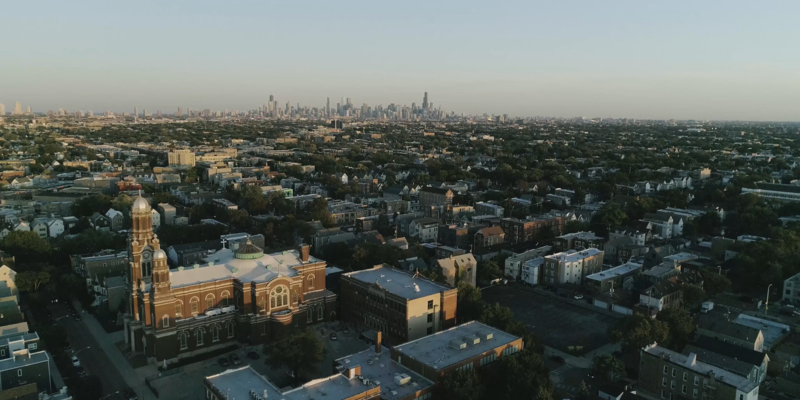Energy & Environment Lab Covid-19 Testing Incentives
Early in the COVID-19 pandemic, governments were forced to make decisions without crucial information about the prevalence and spread of the virus. While testing for the prevalence of COVID-19 antibodies (seroprevalence) can indicate how many people have had the virus so far, early seroprevalence surveys were forced to rely on targeted groups that were not representative of the general population, like healthcare workers or grocery shoppers. Even among these targeted groups, surveys faced self-selection bias as certain people were more likely to want to participate in the testing than others. Lack of accurate information on the spread of the virus risked misleading policy decisions and obscuring how the pandemic was hitting some communities harder than others.
To address this gap, we launched the Representative Community Survey (RECOVER) Project. Combining insights from epidemiology and economics, the RECOVER Project aimed to not only test the effectiveness of financial incentives at encouraging responses and overcoming self-selection bias, but also to produce accurate estimates of COVID-19 prevalence in the same survey.
The survey sent at-home antibody testing kits to a random sample of the general population across the United States and offered a randomly assigned financial incentive for them to return their completed sample to the lab for detailed study. The results suggest that the main barrier to participation by underrepresented households is their hesitancy to complete and provide tests, rather than difficulty in contacting them. Not only did higher rates of financial compensation for participants’ contributions increase response rates, but higher compensation resulted in participation from households that were more representative of the broader population. These more accurate estimates allowed us to assess the quality of existing COVID-19 monitoring metrics and inform pandemic response in the state of Illinois.
You can access the published paper here.
Press:





